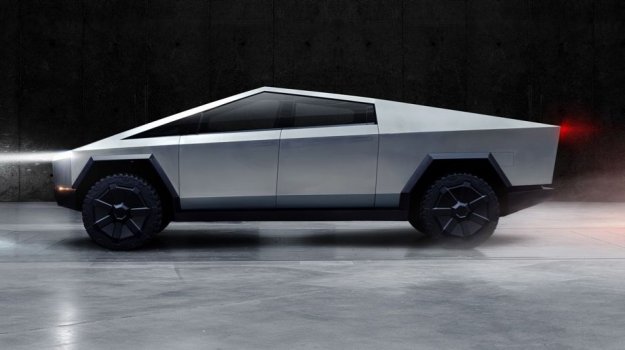Perhaps you should find yourself on a forum called PCRumors, rather than spending your time trolling on this one.I love how people are putting down Intel.
Wait until Alder Lake gets released and is MUCH CHEAPER than APPLE
It will EAT APPLE ARM for LUNCH.
Especially the 16 core version which is not out yet.
There are plenty of intel/AMD chips that eat Apple’s mobile chip M1Pro/Max for lunch. Everyone knows this. Just none of them do it without lots of power, big loud fans, and a very low battery lunch.


